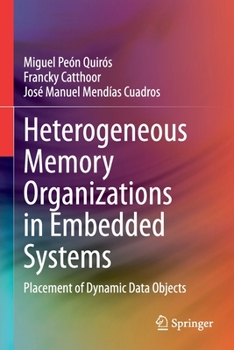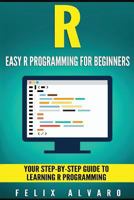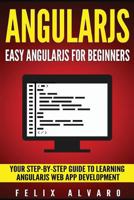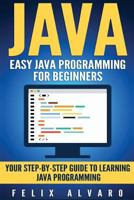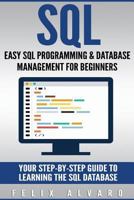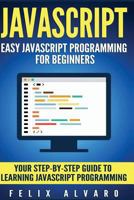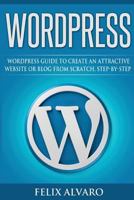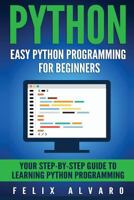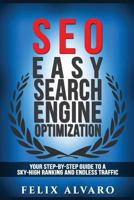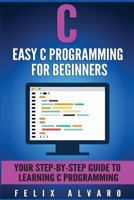Heterogeneous Memory Organizations in Embedded Systems: Placement of Dynamic Data Objects
Select Format
Select Condition 
Book Overview
Introduction.- Methodology for the Placement of Dynamic Data Objects.- Design of a Simulator of Heterogeneous Memory Organizations.- Experiments on Data Placement: Results and Discussion.- Conclusion.
Format:Paperback
Language:English
ISBN:0521644089
ISBN13:9780521644082
Release Date:February 2000
Publisher:Cambridge University Press
Length:382 Pages
Weight:1.44 lbs.
Dimensions:0.8" x 7.0" x 10.0"
More by Felix Alvaro
Customer Reviews
5 customer ratings | 5 reviews
There are currently no reviews. Be the first to review this work.











